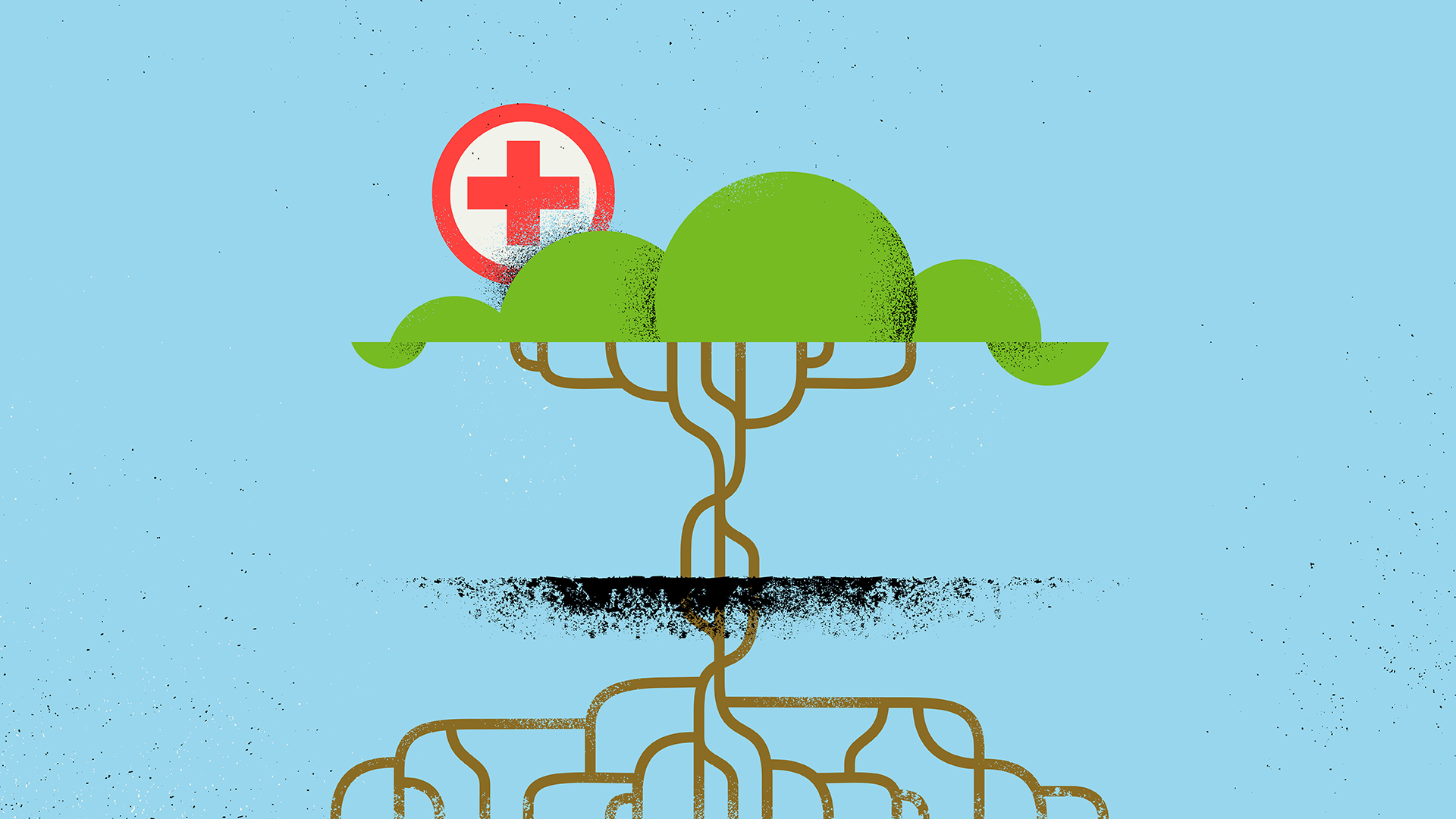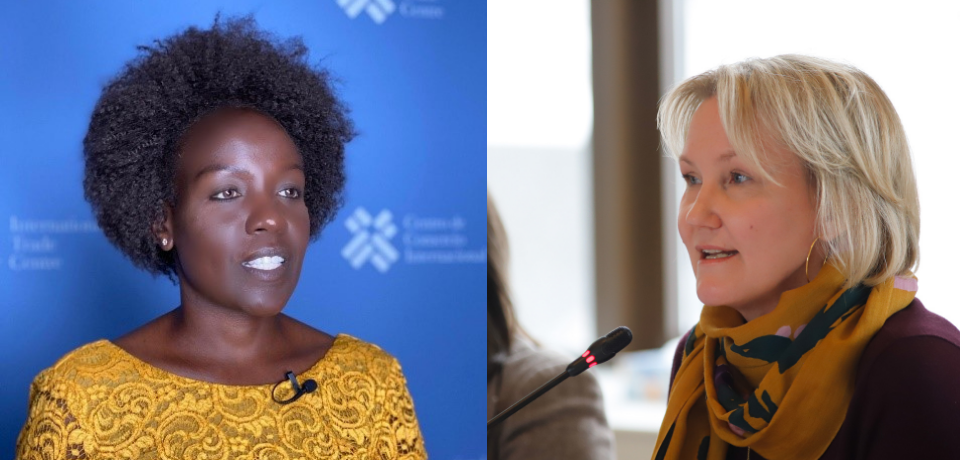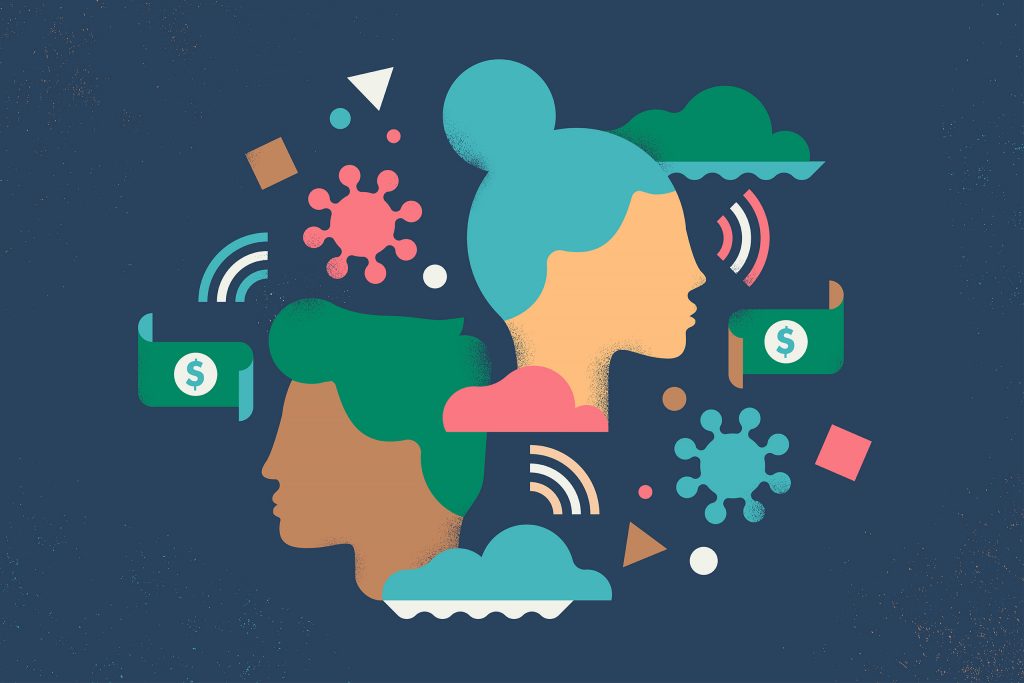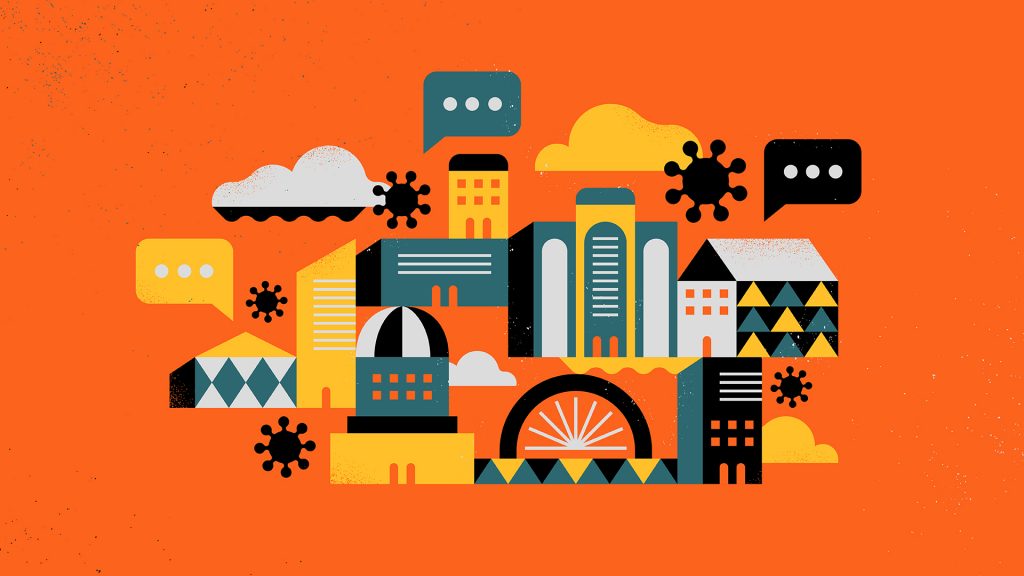Author: Daniel Otieno,
Kenyatta University
Daniel Otieno,
Kenyatta University
Dr. Daniel Otieno is an educator in the Department of Educational Management Policy and Curriculum Studies at Kenyatta University, Kenya. He holds a PhD in Educational Administration and lectures on Educational Management/Leadership, Educational Research, Monitoring and Evaluation and use of ICT in Education. He has published articles in peer-reviewed journals and book chapters on values-based leadership, digital literacy, blended learning and strategic management. His current research focus is on internationalization, virtual academic exchange in education, pluralism, social inclusion and sustainable development. He is a certified Life Coach and an Erasmus + Virtual Exchange facilitator in Connect program, COIL, and Sharing Perspectives. He is lead consultant at the Center for Values Education, an organization that advocates for values and equality in organisations.

Illustration by Brandon Serbec
Throughout Africa, COVID-19 is threatening to erode gains made in socio-economic development. The pandemic has created a dire situation in Kenya, particularly for its most vulnerable populations. As COVID-19 slows down the economy, exacerbates social problems and further disadvantages the country’s marginalized populations, tensions are rising. It is crucial now to address structural weaknesses in Kenya and implement measures to support all members of society.
Before COVID-19, people in developing countries were already competing for scarce resources. Now, the economic and social situation has become much worse.
A quick snapshot of the situation in Kenya:
- Companies continue to lay off employees with few or no terminal benefits. About 63% of Kenyans are lagging on rent and thousands are behind in their mortgage payments. An estimated USD 6.79 billion loans have been restructured while borrowers have defaulted on USD 3.67 billion.
- Loss of gainful employment means isolation from friends, disintegration of the family and loss of self-esteem. Medical experts warn of increased cases of depression, stress and substance abuse as more people resort to drugs and alcohol as coping mechanisms.tudentsbleparticularly susceptible
- Schools have been closed for over four months, and staff in these institutions have been forced to take compulsory leave without pay or faced salary cuts. Many schools are unable to meet their operational costs. The situation is so dire that some schools have been thrown out by their landlords for not paying rent. More than 300,000 learners are likely to miss classes when the schools reopen in January 2021 since the hardest hit private schools may remain permanently shut.
- Domestic violence and teenage pregnancies are on the rise. According to Plan International, over 4,000 underage girls became pregnant in Kenya during the three-month lockdown.
Impacts of the pandemic on Kenya’s marginalized groups
As the pandemic slows down economic activities and exacerbates social problems, Kenya’s marginalized groups are the worst off. People from these groups, who were already competing for limited resources before the pandemic, are now struggling and often failing to meet their basic needs, such as food, housing or medical care.
The country’s pandemic response has led to an increase in human rights abuses against the poor. For example, hospitalizations have risen so much that intensive care units are full. Consequently, the health ministry has adopted home-based care, which is very expensive for the majority of the population. This means that the wealthy members of the society can afford COVID-19 treatment while the poor members cannot.
The social isolation measures implemented to stop the spread of the virus are fuelling feelings of exclusion in Kenya’s most vulnerable populations. Those living in informal settlements do not have room for self-isolation or social distancing, which leaves them particularly exposed to the disease. They are also most susceptible to domestic violence and other forms of abuse, which are on the rise. However, the restrictions on movement mean victims of violence cannot get adequate support from community workers and other welfare organizations. With hospitals in Kenya coping with increased COVID-19 patients, there is reduced capacity within the healthcare system to support those subjected to violence.
People living with disabilities have been largely neglected. For example, sanitization points are placed without consideration for the physically disabled and visually impaired. Social distancing rules are not displayed clearly, and those with hearing disabilities are left without clear guidelines.
The increase in teenage pregnancies threatens to erode the gains made in addressing gender inequality and girls’ education. Girls facing early motherhood will likely drop out when schools reopen, further reinforcing educational disparities between young women and men.
Since the closure of schools, many private schools are engaging students in virtual learning, where parents pay for the lessons. Millions of learners from public schools, however, cannot access online lessons since few poor households have smartphones, laptops or access to the internet.
Meanwhile, the new revenue sharing system proposed by the government has denied resources to the sparsely populated and predominantly Muslim counties in Kenya. If adopted, the new formula designed by the Commission on Revenue Allocation (CRA) will make some counties, such as Wajir, Lamu and Mombasa, that previously received higher allocations based on their poverty levels, lose out. The government’s devolved health system has shifted responsibility to county governments, which has exacerbated inequalities based on religious identity and raised tensions in Muslim predominated counties that have been marginalized throughout Kenya’s history of inequitable revenue distribution.
To promote peace and equality in Kenya, the structural weaknesses in the society must be addressed and the following recommendations adopted.
Recommendations
- To empower those who are economically disenfranchised and close the gap between social groups, the government should put out a stimulus package to cushion those losing their jobs and enable them to begin small– or medium-sized enterprises.
- The healthcare system must be strengthened to provide affordable home-based care of COVID-19 patients. Providing medication and proper training for caregivers can improve the quality of home-based care and ease the burden of hospitals.
- Mental health should be declared a public health emergency so that appropriate and specialized programs are put in place to address it.
- Due to reduced physical interaction, social media platforms must be used to engage people in meaningful dialogues that promote understanding, reduce tensions and encourage peaceful co-existence. The government must continue to negotiate with service providers to provide free internet access to the poor, so that this social interaction is available to all.
- Educators can promote reconciliatory dialogue through virtual exchanges and encourage frank conversations that address contentious issues. Minority groups, such as Muslims, must be brought to the discussion table and have their concerns, such as feelings of exclusion and inequitable revenue sharing, addressed appropriately.
The pandemic has created a volatile situation in Kenya. Financial uncertainty, intensified social problems and feelings of exclusion are threatening peaceful co-existence. COVID-19 has exposed the fragile nature of a society with deep-rooted inequalities and a long history of injustices. It is time to address these inequalities.




